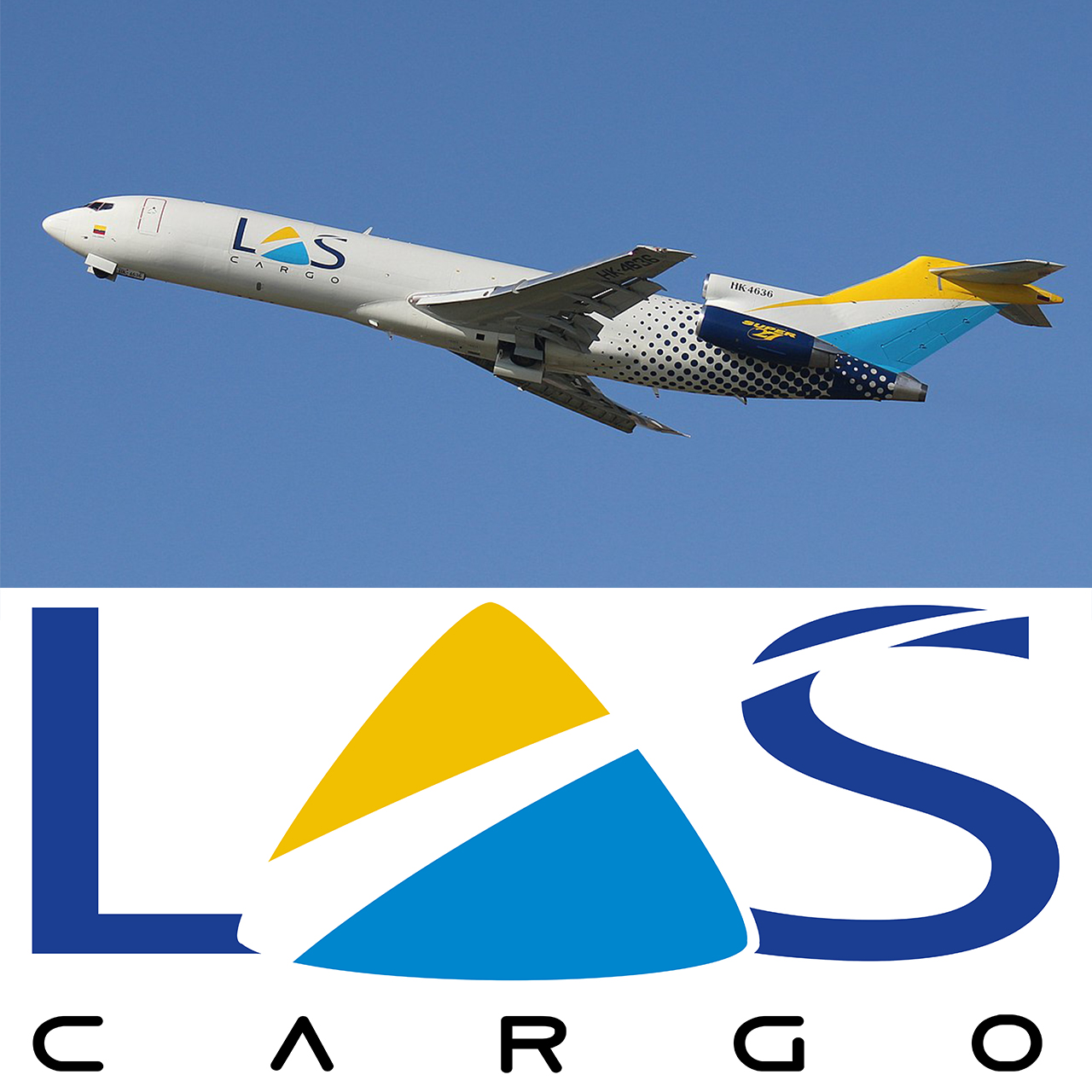Employees who chose a career in logistics are undoubtedly resilient. Operating in our world is extremely challenging – you have to be quick on your feet, flexible, and be prepared to resolve any and all problems – now! Quite simply, our industry doesn’t stop – delays that happen in one time zone often cause a domino effect and we have to be on top of our game 24/7.
This level of nonstop responsibility create stress; and stress can lead to illness. According to research by LinkedIn, in 2021, 28 percent more supply chain managers left their jobs due to burnout compared to the previous year. Granted 2020-21 was the height of the hyper intense period for our industry due to the continued impact of COVID-19 on our industry, but turnout remains a very real problem in our industry. We must recognize how important it is to take care of our employees. We must repay their loyalty and dedication. And, we must give our employees the support they need and deserve.
Programs that encourage healthy habits not only benefit our employees, but also assist us by reducing healthcare costs and increasing productivity. A recent Harvard study looked at the return on investment of wellness programs and the results showed that for every dollar spent on wellness programs, the employer saves $2.73 and experience significantly reduced absenteeism. And, obviously, healthy and happy employees will undoubtedly give us their best work.
Where do we start? First and foremost: Lead by example. Take the stairs, incorporate walking meetings into your workday, and go for a quick walk or run at the end of the day – ask your management staff to join you. Instead of pastries in the conference room, serve fruit. Not only will you feel better, but your employees will be more willing to participate in wellness activities if they see that you are interested in health, too. Inspiring our employees is one of the easiest things we can do to encourage a healthier workforce!
Next, provide employees with tools they need to live a healthier life. Have your HR team invite a nutritionist to visit once a month who can counsel employees on healthy eating habits. Also, have them post “eat this, not that” information in the break rooms. Some of the simplest steps can make for significant incremental change.
Wellness programs can be fun, too! Whether you organize an employee versus management soccer game or a weekly Wellness Wednesday where employees are given healthy snacks and recipes, it is incumbent on us to keep our workforce running, perhaps… literally, in the case of joining 14,000 other participants each year in what’s billed as South Florida’s largest “office party,” the Lexus Corporate Run in Miami.
Maintaining our workforce is crucial to our continued success. Working in the logistics field is absolutely challenging, but we can make it easier – and healthier – by encouraging our employees to focus on wellness. Our greatest asset is our people. Let’s make sure our employees know this. Get moving!
~ Roger Paredes, CEO Prime Group





 Welcome to Kenia Angulo
Welcome to Kenia Angulo




